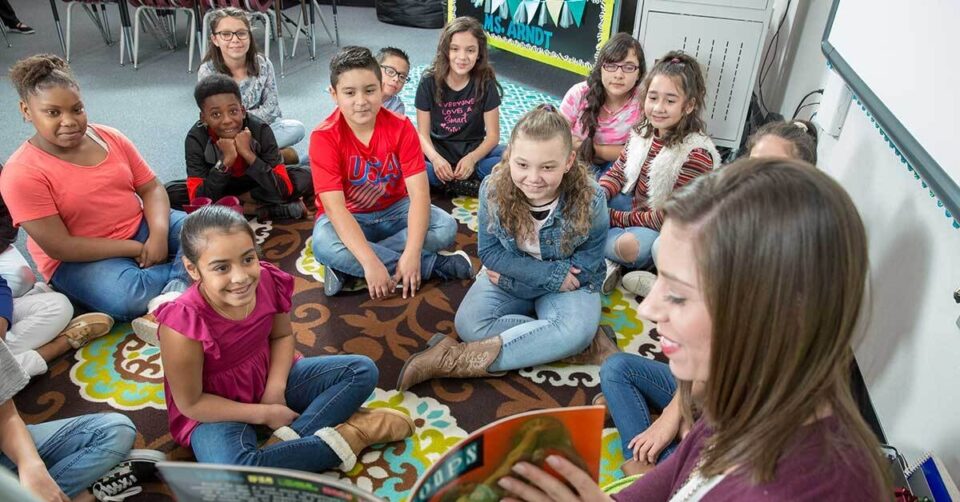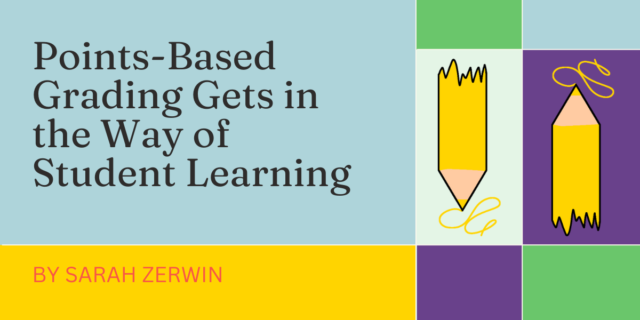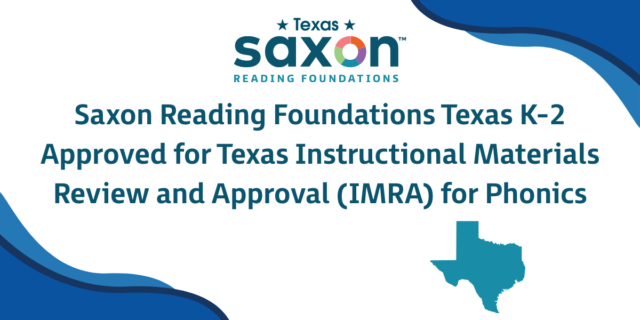
There is a reason the saying “knowledge is power” is so common. Knowledge is the key to understanding how the world works from the natural wonders of the planet to how society functions. In literacy learning, background knowledge plays a similar role: it helps students make sense of what they read, connect ideas, and engage more deeply with texts.
What Is Background Knowledge and Why Does It Matter?
Background knowledge, also known as prior knowledge, refers to the information students already know about a subject before a new learning experience. In 1988, researchers Donna Recht and Lauren Leslie conducted an experiment known as the baseball study. Students were first assessed as strong or weak readers, and then as having high or low baseball knowledge. After reading a passage about a baseball game, they were asked to recount what they read. The results showed that regardless of their reading skill, students with background knowledge of baseball demonstrated a stronger understanding of the passage.
This study highlights that background knowledge is just as critical as reading skills when it comes to comprehension. When students lack familiarity with a topic, even well-developed reading strategies may not be enough to help them fully grasp the meaning of a text.
The Benefits of Background Knowledge
Increase Reading Comprehension
As the baseball study showed, learning becomes easier when students have something to connect new ideas to, and that’s exactly what authentic text sets help provide. Carefully curated text sets, such as Interactive Read-Alouds and Content Area Reading Sets (CARS) help students build knowledge layer by layer. Students will begin to link what they’re reading to other subjects, past experiences, and the world around them.
When students encounter new content or complex ideas, they’re better equipped to engage, ask questions, and make connections, because they’ve already been introduced to the foundational ideas in a supportive, structured way.
Boost Vocabulary Development
Vocabulary grows with every text a student encounters. When students engage with a variety of connected texts, they are exposed to words in multiple contexts, which helps them recognize patterns and deepen their understanding of language over time. Rather than relying on memorization, word learning becomes an organic process, rooted in curiosity and context. As students explore authentic texts, they absorb language that sticks because it’s tied to ideas they’re actively engaging with.
Fills in Gaps
As students grow and texts become more complex, writers stop explaining basic concepts, trusting readers to be able to fill in the gaps and make assumptions based off their background knowledge. Let’s go back to the baseball example. If an article is recapping the latest game, they won’t pause to explain how the game works. They will assume the reader can infer meaning based on prior understanding. Students not only need to rely on prior knowledge, but also need to have the skills to make inferences based on what they read.
Interactive Read-Alouds help fill these gaps by introducing students to key concepts and language in advance of more demanding texts. These read-alouds don’t just teach content, they prepare students to make inferences, understand nuance, and engage with complex ideas confidently.
Builds Confidence
It’s frustrating for students to read a text and not understand it. Students may lose interest, begin to doubt their abilities as readers, and feel less motivated to learn. But when students understand what they are reading, they become more confident readers.
Interactive Read-Alouds help foster this confidence by creating accessible entry points into new topics and vocabulary. By guiding students through authentic texts and encouraging thoughtful discussion, educators can ensure that learners feel a sense of accomplishment, which in turn fuels motivation and curiosity.
When students feel successful, learning becomes enjoyable, especially when they discover topics that spark their interest. That confidence can grow into a genuine passion for reading and learning.
How to Develop Background Knowledge
Knowledge comes from anywhere and everywhere. People learn from places they’ve been, texts they’ve read, videos they’ve watch, and conversations they’ve had. Everyone’s knowledge is different, shaped by unique experiences and exposures.
Here are some ways to encourage knowledge growth in the classroom:
- Discussions encourage students to share what they know and where they learned it, giving their classmates a chance to learn from their experiences. When engaging with authentic texts, students naturally begin to wonder, reflect, and connect ideas. As students talk through their thinking, they’re not just responding to a story, they’re practicing how to listen, build on each other’s ideas, and explore different perspectives.
- KWL charts are fantastic tools to determine what students already know (K), what they are interested in (W), and evaluate what they have learned (L). Using these charts alongside Interactive Read-Alouds can help guide text selection and meaningful conversations. By aligning texts with student interests and instructional goals, teachers can create more purposeful and engaging literacy experiences.
- Multiple entry points invite students to explore topics in different ways, through reading, research, or hands-on activities. Interactive Read-Alouds offers multiple accessible entry points into new topics and vocabulary.
By integrating strategies like these with purposeful read-aloud experiences, educators can create a classroom environment where background knowledge grows naturally and meaningfully.
Build Background Knowledge with Interactive Read-Aloud
Background knowledge is a powerful driver of literacy success. While students naturally build knowledge through life experiences, intentional classroom strategies are essential to ensuring all learners have access to the foundational understanding they need.
Interactive Read-Alouds offer a purposeful way to close knowledge gaps. By guiding students through authentic, conceptually connected texts and encouraging thoughtful discussion, educators create opportunities for deeper comprehension and vocabulary growth.
Whether you’re looking to strengthen comprehension or spark curiosity in your classroom, Interactive Read-Alouds builds background knowledge with intention.
Download our Interactive Read-Aloud eBook to explore how this approach can transform your literacy instruction and support every learner in your classroom.
Learn about the effectiveness of interactive read-aloud and how it can expand your students’ background knowledge.


